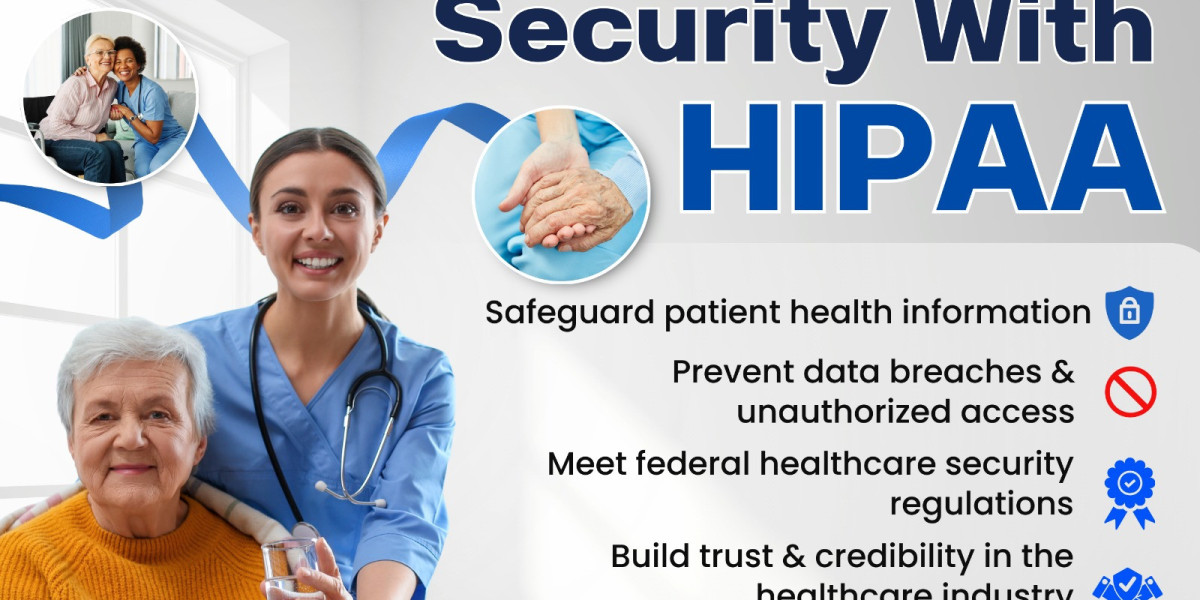The Health Insurance Portability and Accountability Act (HIPAA) sets the foundation for protecting the privacy and security of Protected Health Information (PHI). One of the most important principles within HIPAA’s Privacy Rule is the “minimum necessary” standard—a guideline that plays a critical role in ensuring that individuals' health information is used and disclosed responsibly.
In this blog, we’ll explore the concept of the minimum necessary standard, how it applies to the use and disclosure of PHI, and why understanding this principle is essential—especially for professionals seeking HIPAA Certification in Bangalore, or those working with HIPAA Consultants in Bangalore to maintain compliance.
What is the "Minimum Necessary" Standard?
The minimum necessary standard refers to the HIPAA requirement that covered entities and their business associates must make reasonable efforts to limit the use, disclosure, and request of PHI to the minimum necessary to accomplish the intended purpose.
This means that whether you're accessing PHI for treatment, payment, or healthcare operations, you should only access the specific information needed for your role or task—nothing more. The goal is to protect patient privacy by preventing unnecessary or excessive sharing of sensitive information.
Real-World Examples of the Minimum Necessary Standard
To better understand how this standard works in practice, consider these scenarios:
- A billing clerk does not need access to a patient’s full medical history. They only require information related to billing codes and payment processing. Under the minimum necessary standard, access should be restricted to just that.
- A researcher conducting a study on diabetes outcomes should not receive full medical records. Instead, they should be provided with de-identified or limited data sets tailored to the research goal.
It’s important to note that this standard does not apply to disclosures made:
- To healthcare providers for treatment purposes
- To the individual patient
- As required by law (e.g., for law enforcement or public health reporting)
Applying the Standard: Policies and Procedures
To comply with the minimum necessary requirement, organizations must implement clear policies and procedures. These include:
- Role-based access control: Define who needs access to what information based on job responsibilities.
- Audit trails and monitoring: Track access to PHI to ensure only authorized individuals are viewing necessary information.
- Training programs: Employees should be regularly trained to understand and follow the principle of minimum necessary access.
For those looking to ensure full compliance, engaging professional HIPAA Services in Bangalore can be invaluable. These services typically include risk assessments, privacy policy development, training, and audit support—all aligned with HIPAA guidelines.
The Role of HIPAA Certification and Consultants
In a fast-evolving digital healthcare environment, ensuring compliance with HIPAA is not a one-time effort—it’s a continuous process. That’s why many healthcare organizations and IT firms are now investing in HIPAA Certification in Bangalore. This certification demonstrates an understanding of HIPAA rules and a commitment to patient privacy.
Moreover, HIPAA Consultants in Bangalore offer expert guidance tailored to the unique needs of local healthcare businesses, clinics, and startups. Whether you’re developing a health app, managing a medical facility, or working in insurance, consultants help bridge the gap between regulatory expectations and everyday practice.
Conclusion
The “minimum necessary” standard is more than a legal requirement—it’s a fundamental principle of patient trust and privacy. By understanding and applying this concept effectively, healthcare professionals and organizations can minimize the risk of breaches, build patient confidence, and maintain strong compliance with HIPAA.
Whether you're just starting out in the healthcare sector or looking to enhance your compliance protocols, consider exploring HIPAA Certification in Bangalore and connecting with experienced HIPAA Consultants in Bangalore. With the right support and education, maintaining compliance becomes a seamless part of delivering quality healthcare services.





